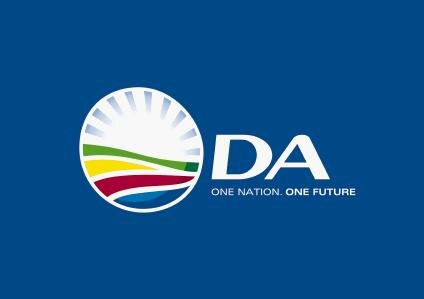
South African opposition party the Democratic Alliance (DA) has released its Communications Policy to form part of its 2014 election manifesto, calling for the breakup of the South African Broadcasting Corporation (SABC) into separate commercial entities and privatisation of other state-owned entities.
The party proposed public hearings to consider whether or not South Africa needs a public broadcaster at all, and contended that the SABC be broken up into a number of commercial entities and sold to the highest bidder.
It also called for the separation of the wholesale and retail operations of part state-owned operator Telkom into two companies, alongside the sale of government-owned shares in the new entities.
According to the DA, this move would “resolve the inherent conflicts between its [the government’s] role in ICT policy development and regulation, and its interest as an investor in a major telecommunications market player”.
Similarly with respect to state-owned Broadband Infraco, the DA suggests the company should be “fully privatised”, as the party “do[es] not believe that the state should be a market player in communication the infrastructure provision”.
“We believe that public money will be more effectively spent if it is used to incentivise private sector provision of communications infrastructure, through market-based mechanisms and to fund developmental interventions where such interventions are required as a result of low penetration and poorly developed competitive markets,” the DA said.
As digital migration looms, state owned signal distributor Sentech has not escaped the DA’s privatisation plans. Sentech would be privatised by a DA government “to allow market players to manage, maintain and expand broadcast infrastructure”.
“Privatisation of state-owned entities is a core DA policy as it boosts productivity, innovation and efficiency,” DA shadow communications minister Marian Shinn told HumanIPO. “Government-owned entities tend to be weighed down by bureaucracy and, because they have monopolies on provision of services, lack the incentive to work smarter and leaner and financially sustainable.”
Highlighting the need to achieve universal access to internet, the DA said a competitive market is necessary, with a market driven approach key to expanding the ICT sector.
Intervention by the state or the regulator should be as a “last resort”, while state activities should be confined to areas such as promoting investment, infrastructure sharing, and competition in the market, enacting enabling legislation, breaking down monopolies, as well as regular auditing of infrastructures, to name a few.
“The DA believes that competition in an open, predictable and appropriately regulated environment is the best way to achieve universal access, consumer choice, the lowest possible prices and the best quality ICT services,” the party said.
“Competition throughout the sector should be the driving force in the marketplace. This is critical if universal access and informed consumer choice is to be achieved.
“Intervention by the state and an independent regulator should be a last resort, enabling developmental interventions where markets do not deliver, promoting local content and preventing anti-competitive behaviour.”
The government will need a developmental approach to policy making in order to support the competitive market, such as incentivising broadband rollout in underserviced areas through subsidies and tax incentives, and providing universal access points in places such as libraries and community halls.














